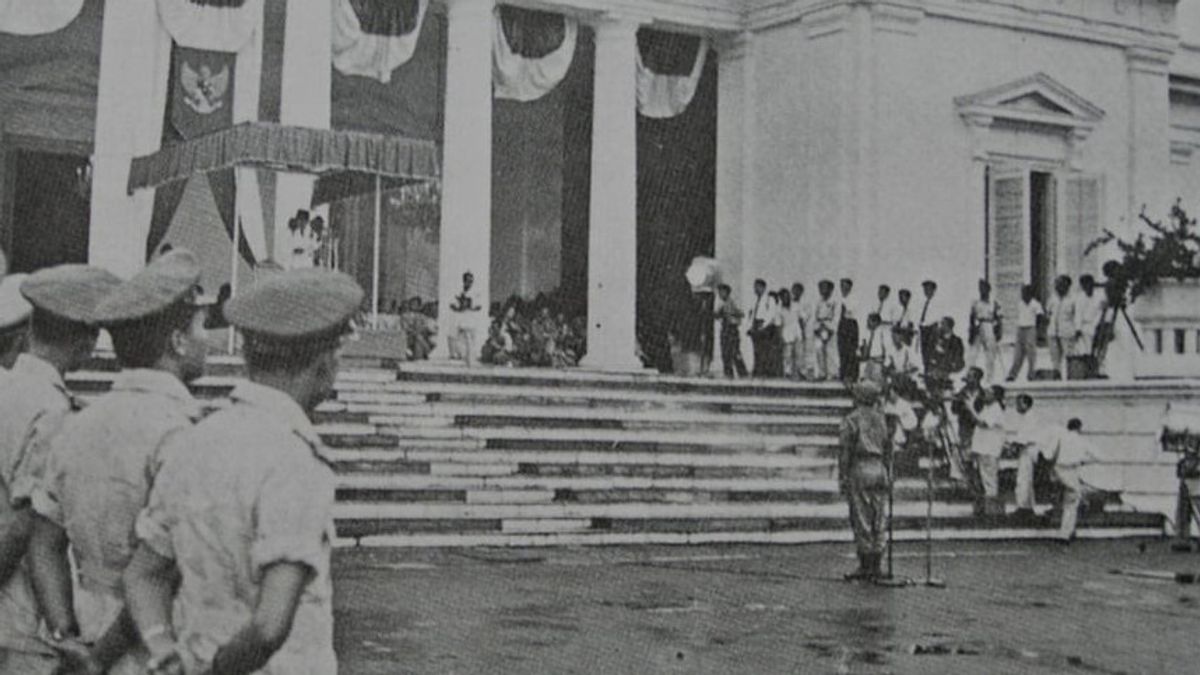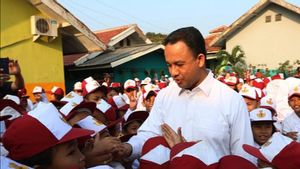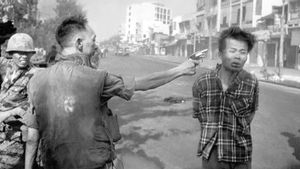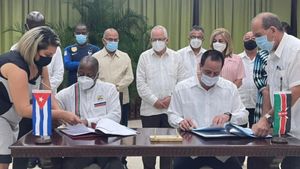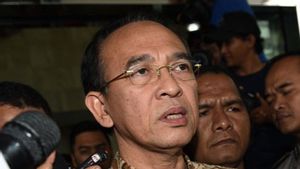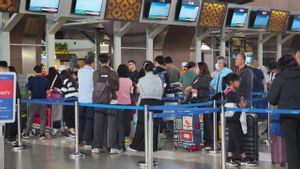JAKARTA - Sitting as the number one person in Indonesia is not easy. Soekarno also felt it. Big Brother realized that his movements as a leader of a limited nation. He needs input and consideration from experts in his field.
The Supreme Advisory Council (DPA) is the answer. The famous national figure he recruited filled the position of DPA member. Initially, the DPA was effective. However, everything changed in the era of her son, Megawati Soekarnoputri. Instead of maintaining it, Megawati actually dissolved it.
The position of the President is a profession that cannot be held by just anyone. His role is vital and at high risk. They have to think about the lives of many people. Soekarno, for example. Bung Karno's great role in the Proclaimer remains limited.
This limitation made him need experts who provided input and considerations as stated in the 1945 Constitution. This wish was later realized as a DPA on September 24, 1945. The position of the DPA was also central and initially consisted of 11 people.
Those who become limited members to experts in their fields. Margono Djojohadikusumo became chairman of the DPA in the early era. They also often become Bung Karno's'spirers' regardless of whether they are needed or not. The input became Bung Karno's basic series of policies.
The DPA degree began to be lifted when Soekarno issued a Presidential Decree on July 5, 1959. The decree decided to dissolve the constituent Council. Soekarno also formed a new Cabinet. After that, he decided to form a Provisional Presidential Advisory Council (DPAS) as one of the top state institutions.
Soekarno did not want his power to collapse. He made himself the chairman of the DPAS. His DPA members, who initially only started to get fat. Bung Karno wanted the addition of members to become 45 people: 12 representatives of the political group, eight delegates from regional representatives, 24 representatives from the work group, and one deputy chairman.
DPA members were officially sworn in on August 15, 1959. The DPA also seemed to have a high position. Bung Karno while listening more to the input of the DPAS, than input from representatives of the people
SEE ALSO:
"After what Soekarno has done to the DPR (dissolution and establishment through appointment), and the establishment of new institutions (the Council for Supreme Advisory and the National Design Council), the DPR's task is only to provide a legal basis for the decisions that have been set by the government, based on the considerations or proposals of the two bodies.
"The DPA and the National Design Council are because Soekarno's members can be a pressure group, the rural group. Bung Hatta considers that the changes to the DPR are the same as the loss: the remnants of democracy. Soekarno's led democracy has become a dictator who is supported by certain groups," said Ahmad Muhajir in the book Idham Chalid: Political Teacher of NU (2017).
Bung Karno's power and the Old Order may end. However, it does not affect the existence of DPA. The presence of DPA is still needed in the era of the Suharto government and the New Order (Orba). The institution continues to provide input and income to the number one person in Indonesia.
Problems arise. The DPA did not play much role in the Megawati Soekarnoputri era. Soekarno's son thinks that the DPA is no longer effective in functioning as an advisory organs of the President. This view is based on experts who are in the ranks of the government and continue to grow.
A condition that makes the role of DPA tend to be reduced by itself. Another problem is because many DPA members come from outside the government. Alias, not involved in the running of the government. This condition makes their advice not applicative and not in accordance with the wishes of the common people.
Megawati also considered that her staff were starting to work well. The government instrument is getting more complete. This condition was indirectly deemed optimal for the growth and development of the Indonesian nation. Even that makes the president no longer depend on the DPA.
Megawati also took a stand. Instead of strengthening the DPA, he and his staff began the plan to dissolve the DPA. The pinnacle of being loved by scholars arrived. The basis for the existence of DPA according to the 1945 Constitution was abolished. The 1945 Constitution, the fourth amendment, which was just passed on August 10, 2002, was no longer related to the DPA.
DPA was not an important instrument of the government. As a result, Presidential Decree No. 135/M/2003 related to the disbandment of the DPA was present on July 31, 2003. DPA also officially disappeared. Even though the chairman of the DPA, Agung Achmad Tirtosudiro, protested.
He questioned Megawati regarding the fate of 275 DPA secretariat employees. However, Megawati considers the wind to be the only protest.
"Actually, the desire to remove the Supreme Advisory Council (DPA) has emerged since the first amendment, namely in 1999. However, due to time constraints, MPR members use a priority scale which in the end the DPA was only dissolved in the fourth amendment of 2002," said Agung Pratama Irwan in his thesis entitled "Analysis of the position and Function of the Presidential Advisory Council in the Indonesian Government System (2023).
The English, Chinese, Japanese, Arabic, and French versions are automatically generated by the AI. So there may still be inaccuracies in translating, please always see Indonesian as our main language. (system supported by DigitalSiber.id)
